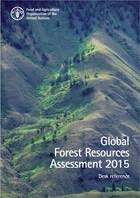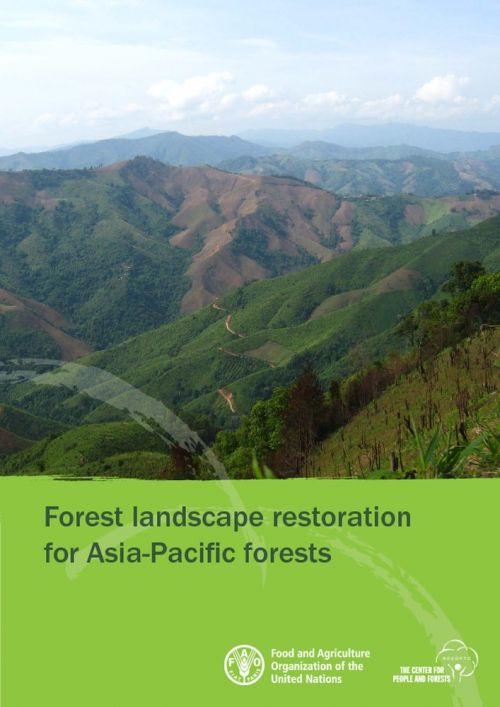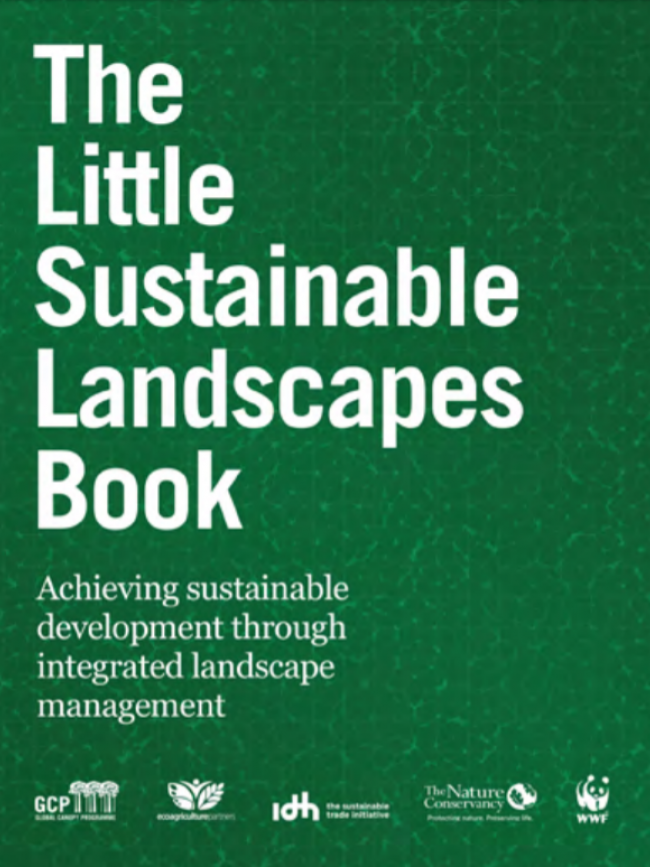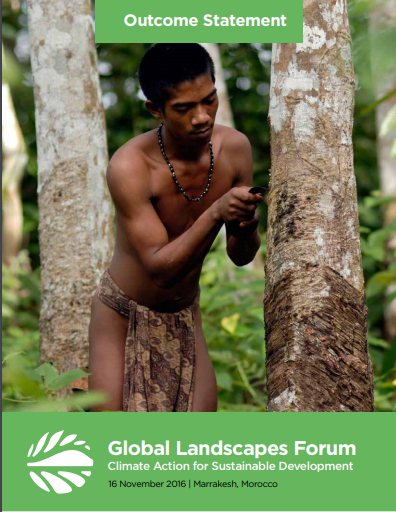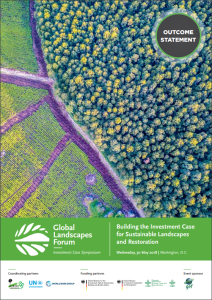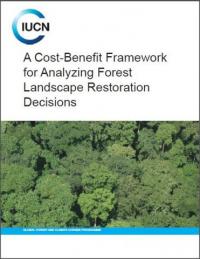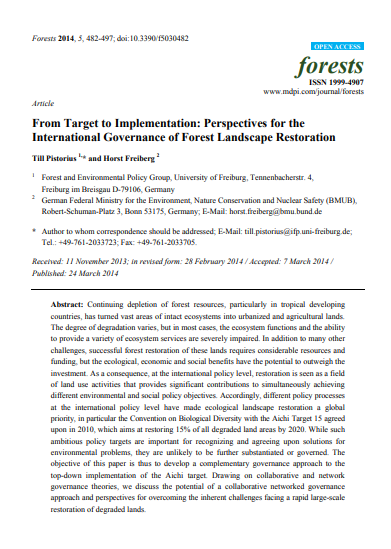Global Forest Resources Assessment 2015
The Global Forest Resources Assessment 2015 (FRA 2015) development began in June 2011 when the FRA Advisory Group discussed the FRA Long-Term Strategy and its implications for FRA 2015. The design process involved users, national correspondents and experts from a wide variety of technical backgrounds.

